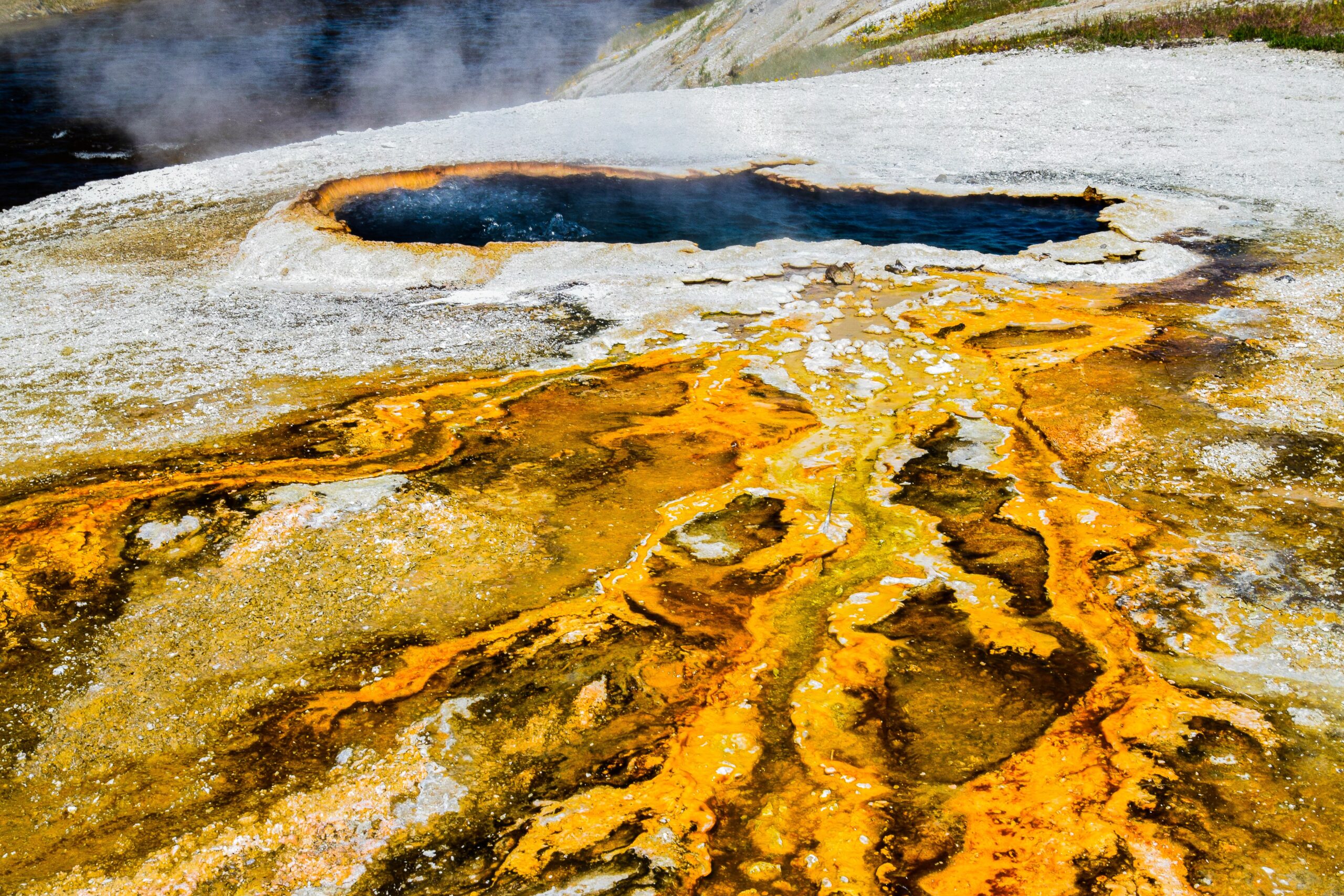Published in Beaver Magazine.
What is the word for a mother who has lost a child? It is not widow, or woman, or childless, or unmothered. It is geyser. She seethes, acrid bubbles of rage escaping in spittle that foams at the corners of her frail mouth. The geyser is thinking: why me, why me and not her, but she can’t say that aloud, so she puts a lid on cracked lips, forces the boiling broth down into the hollow of her stomach. The lid rattles, restless.
When no one is watching, she extends her arms like a ballerina, curving them gracefully around the space where the baby used to be: she forms a cradle. She rocks him side to side, just the way he liked, a subtle bounce in her step, bony elbows swaying as rhythmically as a tree’s boughs dipping in the wind. She tames the grief. The surface of the geyser is hard, a shell tempering its steaming innards. The skin cracks and bleeds acidic bile, once smooth and comforting to baby in a skin-to-skin nuzzling, now hot to the touch like fever; scalding.
The geyser is unmoored, tethered to no being by umbilical cord or cage or leash. They build wooden walkways around her edges and crevices, encourage tourists to look but don’t touch and they stand in awe with cameras ready. They are steady, waiting, holding breath in, feeling the ground tremble with her mourning. Milk droplets form on the tips of her pores; her body needs to mother. What does a mother’s body become when she loses her baby?
They listen for a sign that the spectacle is about to begin. They want a gushing, fifty feet high, an impossible spray, a marvel. Her uterine walls wail. Her fissures erupt.



